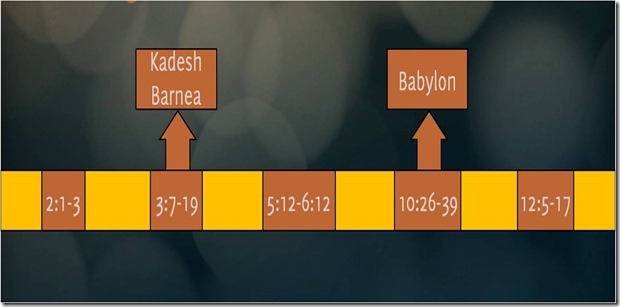Evangelicals are wrestling with what to do with these two terms. Grace is typical of many other churches. Our by laws define “pastor†as a full time paid ministry staff who is also an elder. Since Dennis retired our only official pastor is Jay. Gerry Smith is now full time paid ministry staff and an elder, but not yet congregationally voted to be a pastor (we overlooked the congregational vote required in the bylaws). He will soon be Pastor Gerry. Then he will be Pastor Gerry though not ordained and I will only be Elder Gerry though I am ordained.
Here is our current definition of “ordain:†When appropriate, the elders shall call for the public ordination of a pastor. Ordination means that a man (1) satisfies the biblical qualifications for an elder, (2) is considered by the elders and the church to be called by God to the ministry of the Gospel, and (3) is commissioned by the church to an appropriate avenue of such ministry. The appropriateness of ordaining a man serving in a non-pastoral ministry (e.g. missionary) will be evaluated by the elders."
At the time this definition was written ordination (an extra biblical culturally defined term) was almost always for pastors (another extra biblical culturally defined term), usually meaning a preacher, the leader of the church in our church or as missionary sent from our church. It was normal to commission chaplains who hadn’t already been ordained as pastors. The government currently recognizes both terms.
What do we do with other full time ministry staff who are shepherding people but not elders? They are not “pastor†but people are calling them “pastor.†What term do we use when we introduce them when they are doing something on stage in a Sunday service?
“Pastor†is also changing to mean a full time ministry professional who does shepherding of people in a church, not just the preacher dude. The professional norm for chaplains is now ordination. Virtually all chaplains are now ordained though most had never been or will be pastors of churches.
I want to see evangelical churches go with the current professional standard rather than the older professional standard. What makes that hard is that we still have in our minds and emotions that “ordain†means “pastor†which means a person is or could be the preacher, leader of a church. The change is wrenching because the terms have strong emotional attachments. The older definitions have almost biblical authority for people who came into leadership in the church a couple of decades ago. The emotions get all the higher in churches with a complementarian view where elder is an office reserved for men.
Wish we were going with biblical terms like elder and deacon. The God would tell us what to do and it would all be easy – well easier. There are huge cultural ramifications to those terms too!

